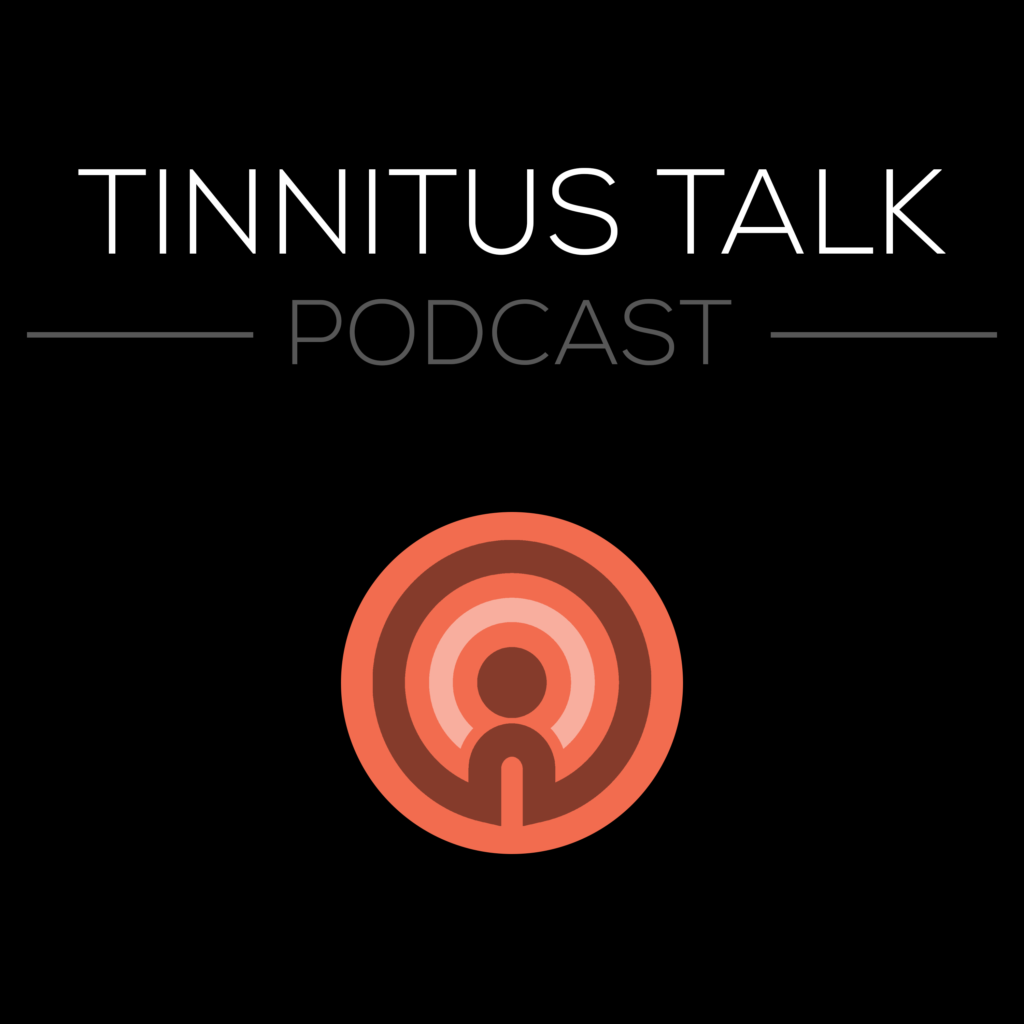Are tinnitus and chronic pain alike? Very much so, believes pain researcher Prof. Peter McNaughton. He discovered a drug that works through ion channels on both chronic pain and tinnitus.
Introducing Tinnitus Quest
We are proud to announce a new non-profit called Tinnitus Quest, which is fully dedicated to silencing tinnitus through funding ‘high risk, high gain’ studies. Join us in our ‘quiet revolution’.
Good Tinnitus Science, Bad Tinnitus Science
We need more tinnitus research. But mostly, we need high quality research. In reality, studies are often lacking rigor and proper design, and results can be misleading for patients. How can we improve this?
Revisiting a Friend of Tinnitus Talk — Dr. Josef Rauschecker
Revisiting with the first ever guest of the podcast, Hazel speaks with Dr. Rauschecker about how we can quickly get new tinnitus medications to market, tinnitus and sleep, what he thinks of psychological treatments for tinnitus, and more.
It’s the Data, Stupid! — Christopher Cederroth and David Stockdale
How many people have chronic, severe tinnitus? What types of tinnitus exist? And why do clinical trials for tinnitus keep failing? The answers to all those questions lie in biobank data.
Tinnitus, Ingrained in the Brain? — Prof. Dirk De Ridder
Prof. Dirk De Ridder is one of the most cited tinnitus researchers, a very eloquent speaker, and a passionate advocate for more and better tinnitus research. He seeks solutions to tinnitus in previously unexplored areas.
The Sound of Science — Otonomy
According to David Weber, CEO of Otonomy, there are signs of heightened interest among investors in hearing science. This is good news for all of us. We take a deep dive with Otonomy’s executives into their drug pipeline, covering hearing loss and tinnitus.
Objectifying Tinnitus — The Bionics Institute
Tinnitus has always seemed ungraspable; you hear something that others do not. How can we measure this objectively? The Bionics Institute believes they can. If they are right, this would be a breakthrough in supporting the development of better treatments for tinnitus.
Tinnitus and the Power of Prediction — Dr. Will Sedley
This episode will give you a deeper understanding of the different models that explain the brain mechanisms underlying tinnitus. Dr Will Sedley outlines his own theory, based on predictive processing. We also cover issues like how to develop an objective marker of tinnitus and the thorny topic of whether tinnitus subtypes really exist or not.
Hearing Lost and Found — Frequency Therapeutics
This is your chance to learn all about the hearing regeneration treatment FX-322 being developed by Frequency Therapeutics. We spoke with Carl LeBel about the promising results of their Phase 1 trial, the potential benefits for tinnitus, why speech intelligibility should be the primary measure of hearing, and when the drug might reach the market.
